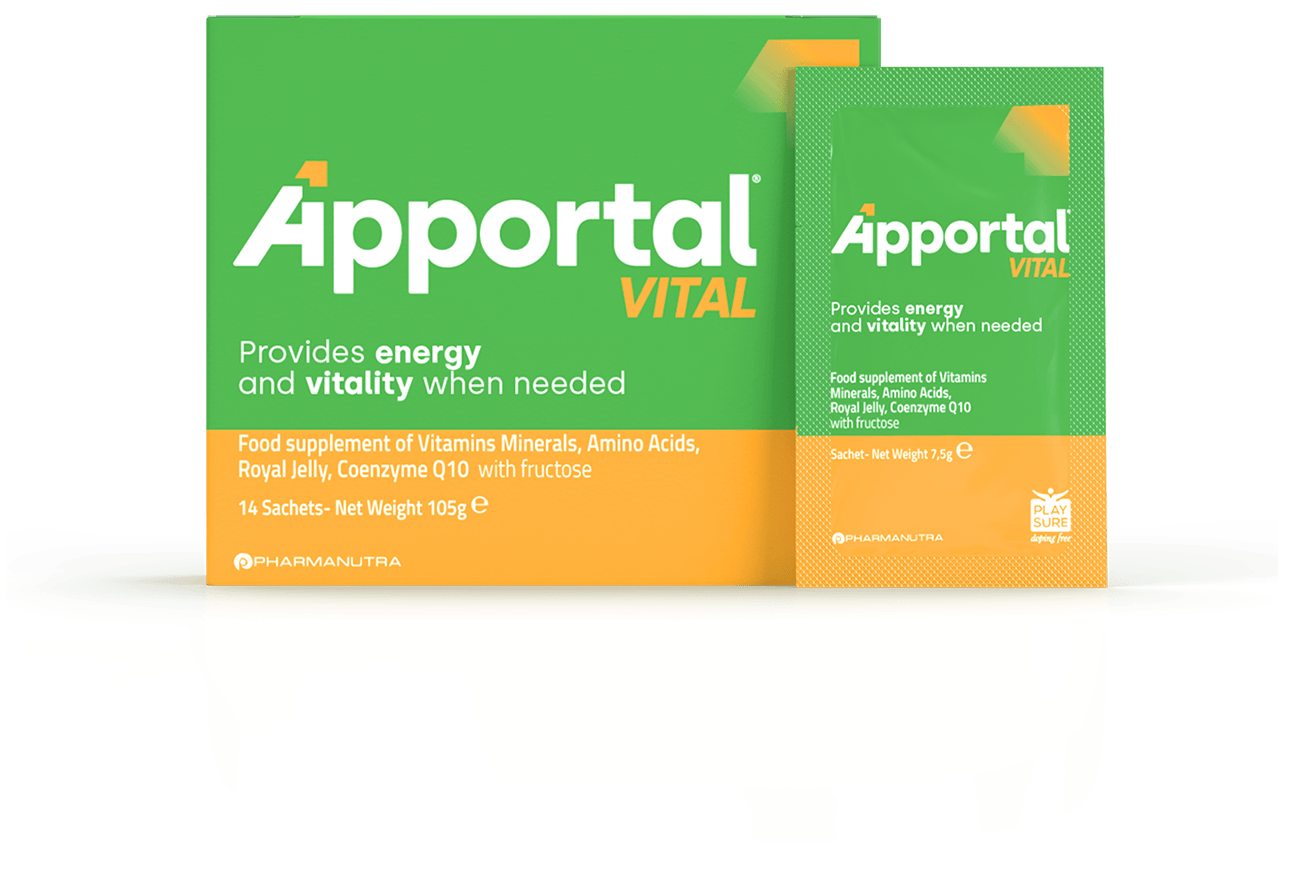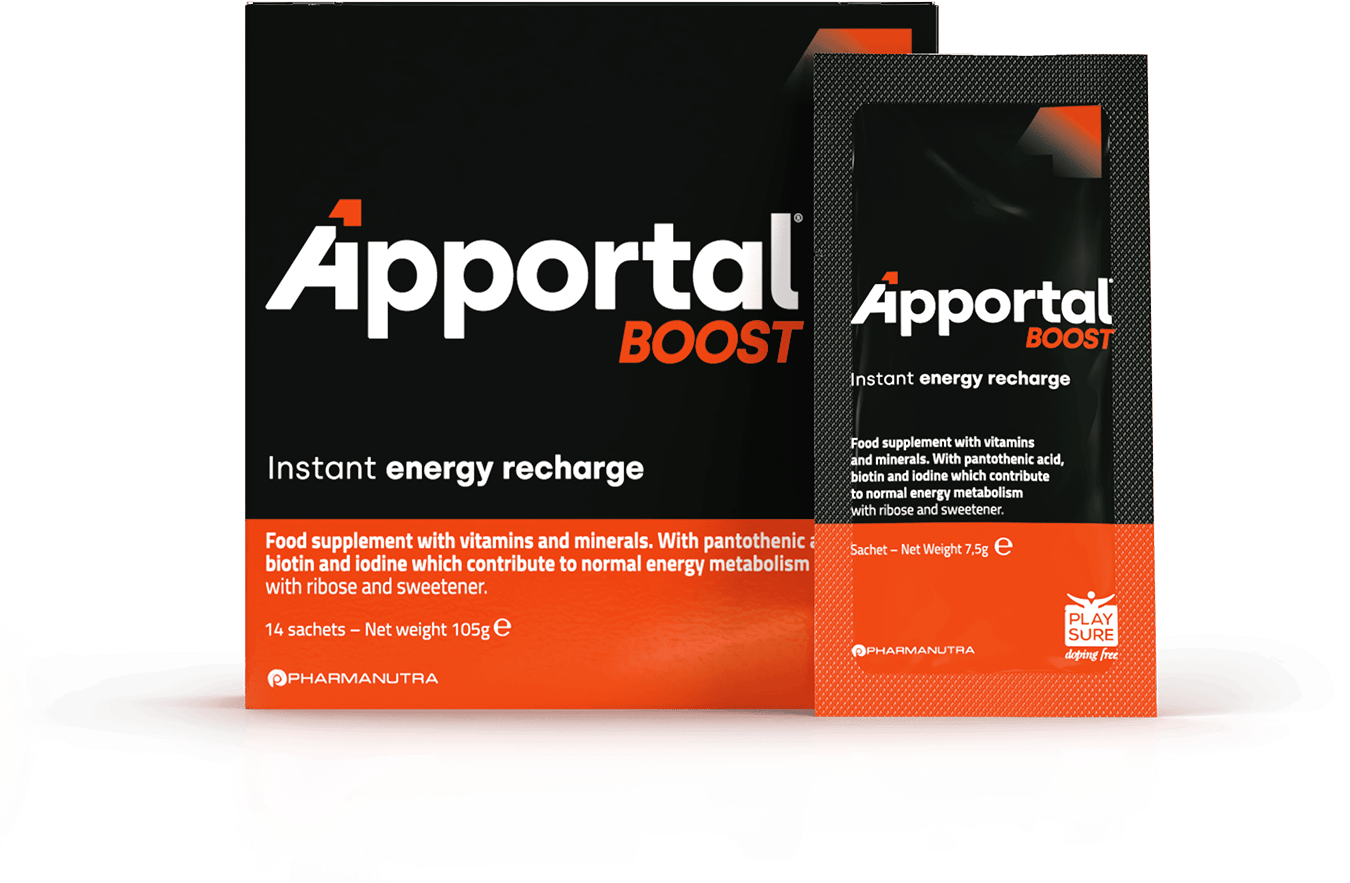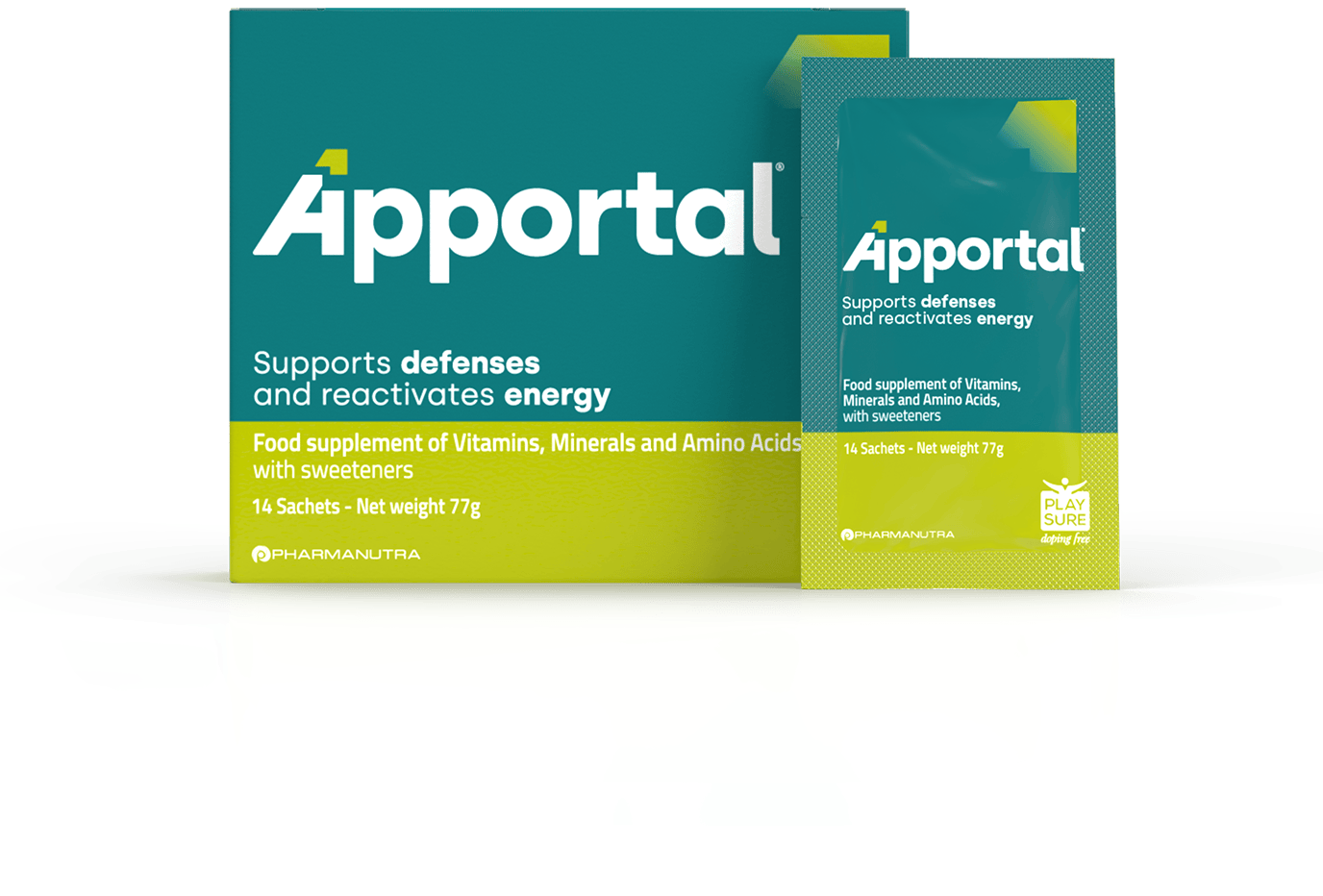How many times, even just to use a cliché, are the parents of lively children advised to “tire them out” through sports. But is it really useful to manage a child’s energy through physical activity?
The answer is yes: sport plays a fundamental role in children’s growth. Not by chance, doctors and paediatricians underline to families the importance of proposing additional physical activities for children to those done at school. Practising a sport helps to channel energy in a positive, constructive manner. Furthermore, the World Health Organisation recommends that both children and adolescents, between 5 and 17, practise at least 60 minutes of moderate to intense aerobic activity every day.
Whether team or individual sports, they offer benefits for both physical, muscle and bone development and psychological well-being. From an early age, sport is a valid support for personal growth, helping children to manage anxiety and frustration, develop a more cooperative attitude, independence and awareness.
Which vitamins are important for children who practise sports
Children who practise sports need more nutritional and energy intake to compensate the energy they burn, guaranteeing an appropriate support to growth and development.
A correct diet must therefore consider all these factors, balancing proteins, fats and carbohydrates. In addition, some vitamins and minerals must be included in their diet:
- Carnitine: supports rapid muscle recovery and reduces the risk of muscle pain.
- Arginine: supports the flow of oxygen to the muscles, with properties that are able to stimulate blood circulation and the production of nitric oxide, helping to reduce fatigue.
- Vitamin A: fundamental for bone development, for the skin, the eyes, and also protects from free radicals.
- Group B vitamins: are important for fighting oxidative stress and guaranteeing a healthy cardiovascular system.
- Vitamin C: it is very important for sporting activities, as it stimulates the production of antioxidants, and also supports health cartilage, bones and blood vessels.
- Vitamin E: vitamin E also fights free radicals and supports cell renewal.
- Vitamin D: vitamin D deficiency in children who practise sports can cause a significant reduction in muscle strength, joint pain, and increased incidence of traumas, bone fractures and respiratory infections.
The nutritional supplement for children who practise sport
Children’s energy needs are greater than that of adults: in fact, without an adequate energy intake, the probability of weakness and general physical and intellectual laziness among children increases. Calorie intake through macro-nutrients (carbohydrates, proteins and fats) is only one of the aspects to consider, the diet must be varied and balanced, so that children take in all the substances they require in their food, especially when they practise sports.
When the intake from the diet is not sufficient to cover all needs, ApportAL® VitAL is the nutritional supplement for children and adolescents, formulated also to cover their energy needs during intensive sporting activities.
The completeness of the nutrients, the excellent palatability and extraordinary tolerability make it the ideal supplement to support physical and mental development both during training and any sports contests.







